Russia says US, NATO turning Ukraine into ‘powder keg’
Russia says the United States and other NATO countries are deliberately turning Ukraine into a “powder keg” by increasing arms supplies to Kiev and inflaming tensions in the country’s volatile east.
Russian Deputy Foreign Minister Sergei Ryabkov was quoted by Russian news agencies as making the statement on Tuesday, following an uptick in violence between Ukrainian government troops and pro-Russia forces in the eastern Ukrainian region of the Donbass.
“The United States and other NATO countries are deliberately turning Ukraine into a powder keg. If there is any aggravation, we of course will do everything to ensure our security and the safety of our citizens wherever they are,” Ryabkov said.
“But Kiev and its allies in the West will be entirely responsible for the consequences of a hypothetical exacerbation,” he added.
Ukraine, for its part, has accused Russia of amassing thousands of military personnel on its northern and eastern borders as well as on the Crimean Peninsula.
Meanwhile, NATO has called on Russia to withdraw its troops from near Ukraine’s eastern border, which the alliance claims is Moscow’s biggest buildup since 2014.
Moscow says the military buildup poses no threat to any country and is for defensive purposes since two US warships are due to arrive in the Black Sea this week.
Ryabkov said the US warships in the strategic sea had to observe safety distances, saying their deployment was “provocative,” and that the risk of unspecified incidents was very high.
“There is absolutely nothing for American ships to be doing near our shores, this is purely a provocative action, provocative in the direct sense of the word: they are testing our strength, playing on our nerves. They will not succeed,” Ryabkov said.
“We warn the United States that it will be better for them to stay far away from Crimea and our Black Sea coast. It will be for their own good,” he added.
Kiev and Moscow have traded blame in recent weeks for a spike in violence in the Donbass, where Ukrainian troops and pro-Russian forces have been fighting since 2014.
The armed confrontations began when a wave of protests in Ukraine overthrew a democratically-elected pro-Russia government and replaced it with a pro-West administration. The majority in those areas refused to endorse the new administration.
That new government then began a crackdown on the mainly ethnic Russians in the east, who in turn took up arms and turned the two regions of Donetsk and Lugansk — collectively known as the Donbass — into self-proclaimed republics.
Kiev and its Western allies accuse Moscow of having a hand in the crisis. Moscow, however, denies the allegations.
Relations between Moscow and Kiev further deteriorated when the Black Sea peninsula of Crimea rejoined Russia following a referendum in 2014. More than 90 percent of the participants in the referendum voted in favor of that unification.
US vetoing of Gaza ceasefire resolution ‘disgraceful’: Iran’s UN envoy
VIDEO | IAEA adopts anti-Iran resolution tabled by E3
VIDEO | Iran's president urges Pope to help end Israel's onslaught in Gaza
Iran's senior legal official: ICC arrest warrant for Netanyahu ‘great victory'
Nov. 21: ‘Axis of Resistance’ operations against Israeli occupation
VIDEO | Israeli forces storm West Bank’s Jenin again, target civilians
Iran activates advanced centrifuges after IAEA's 'unjust' resolution
VIDEO | Press TV's news headlines


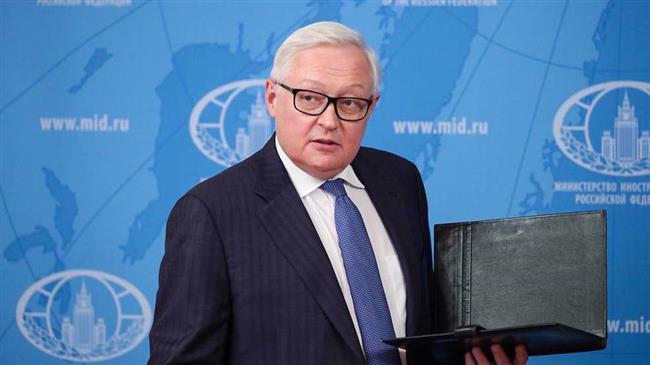



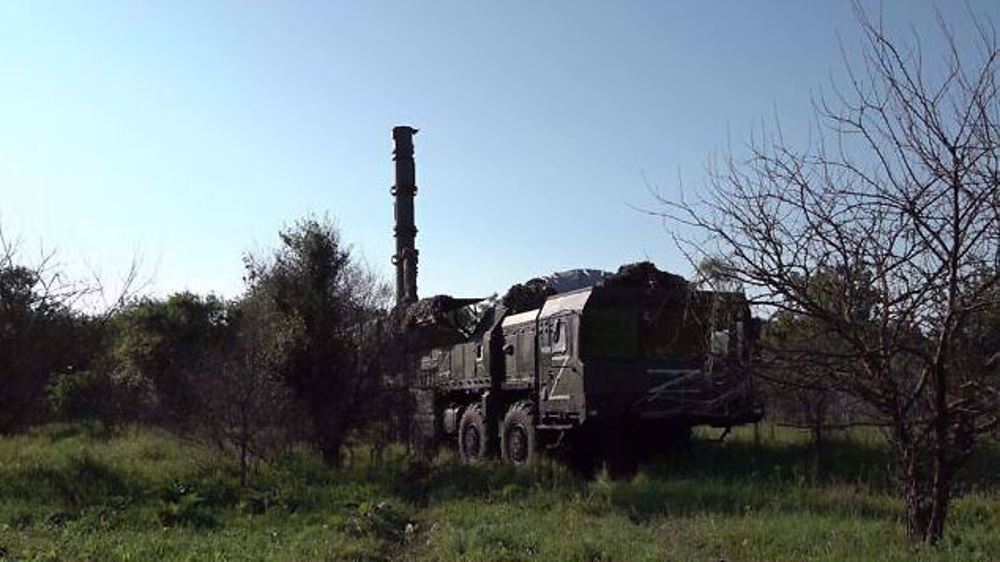
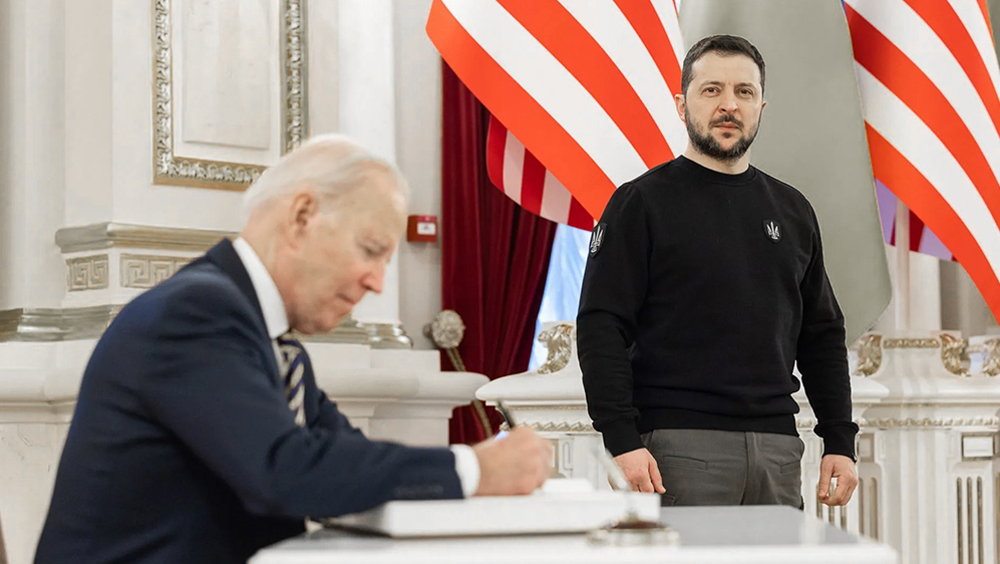




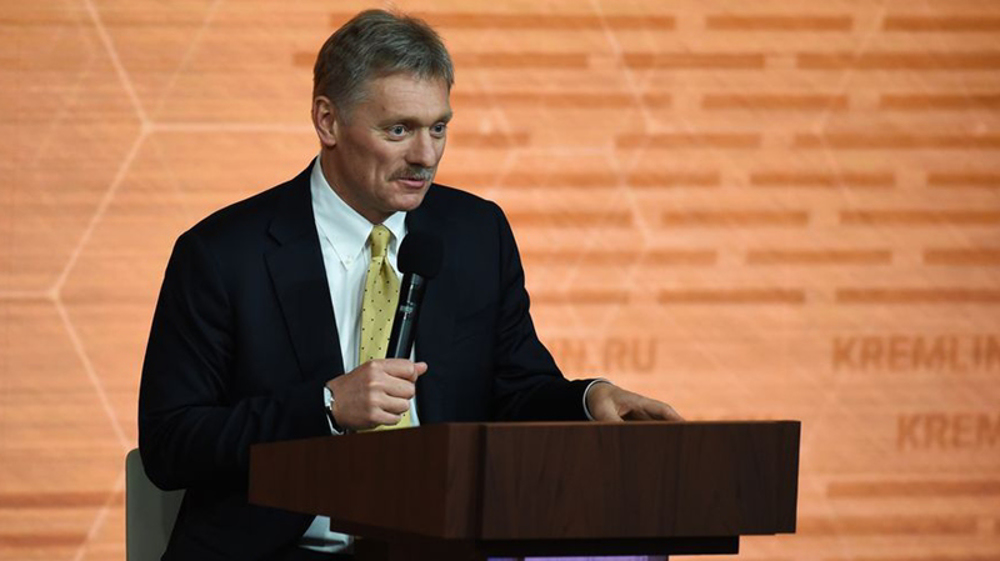



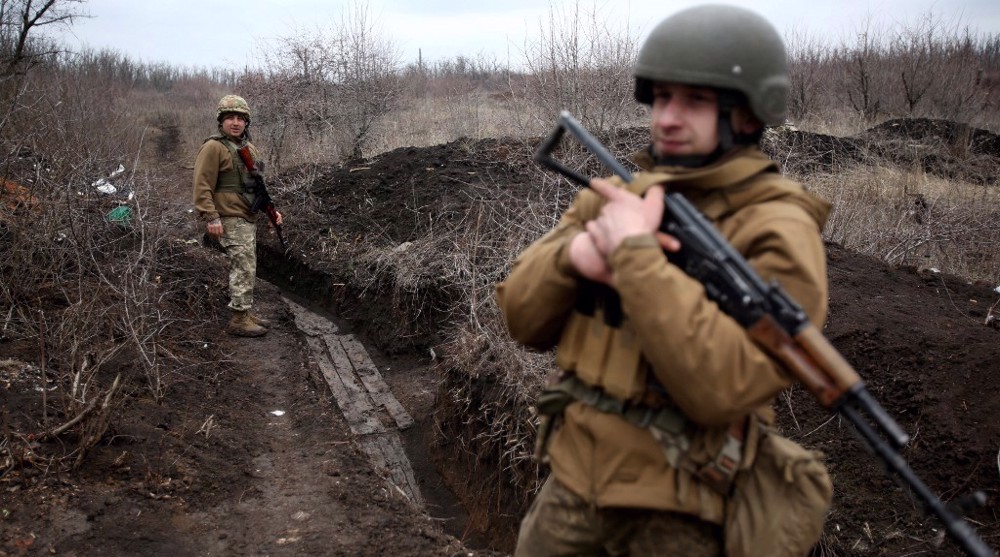

 This makes it easy to access the Press TV website
This makes it easy to access the Press TV website